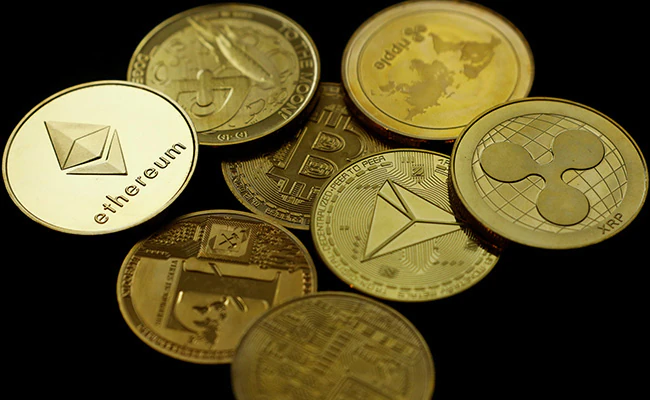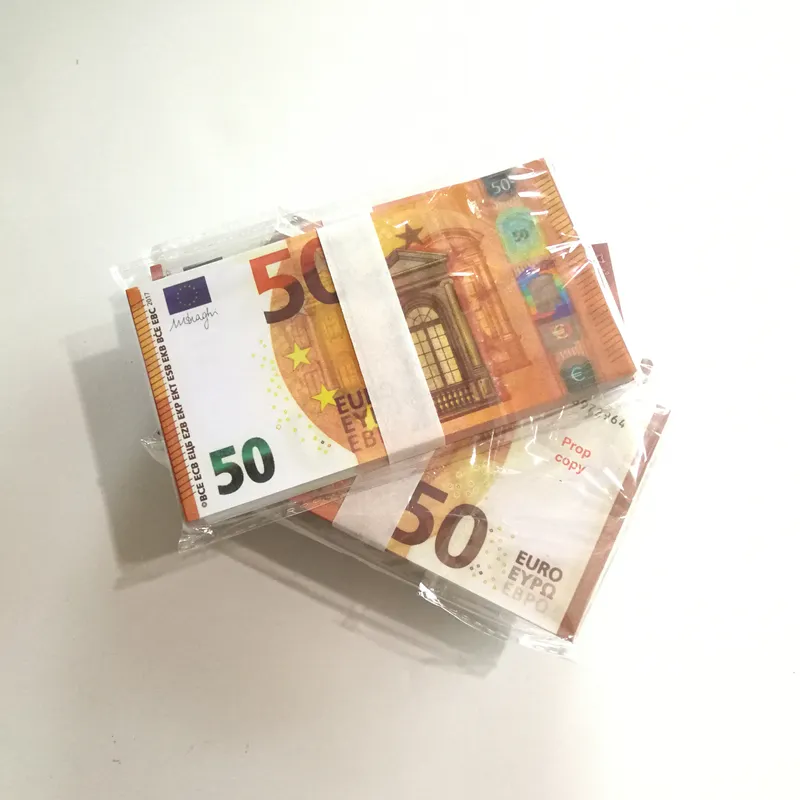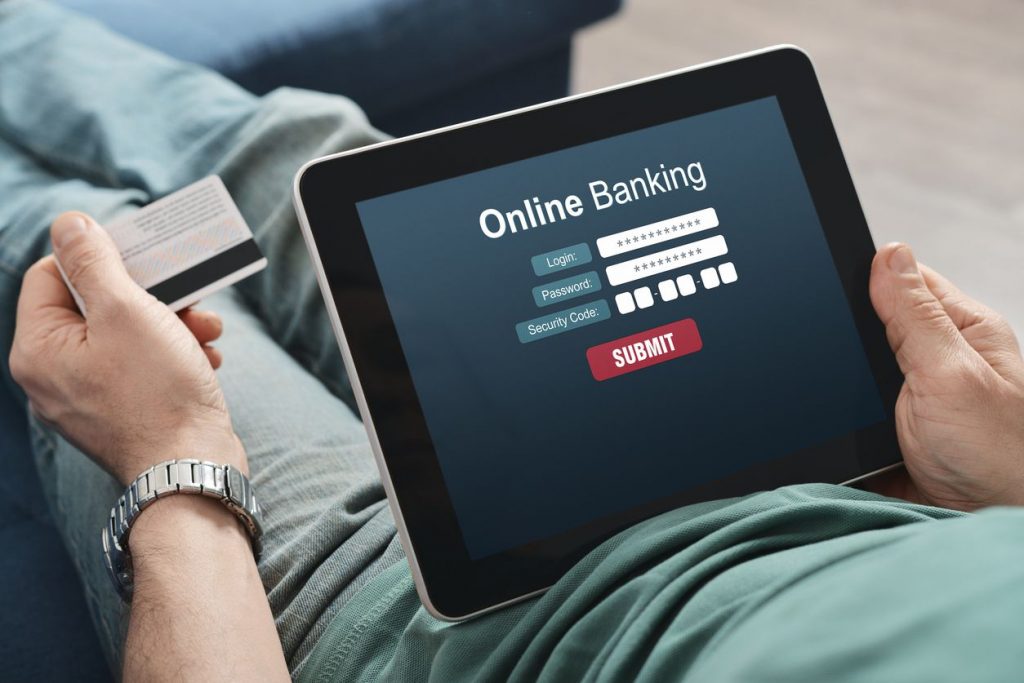Cryptocurrency-Based Remittance Services Empower Global Workers
Cryptocurrency-based remittance services are rapidly transforming the global landscape of money transfers, offering significant advantages over traditional systems. The remittance industry, which enables workers abroad to send money back to their families in their home countries, has long been dominated by conventional financial institutions and money transfer services. However, the high fees, slow processing times, and lack of access to traditional banking have left millions of workers underserved. Cryptocurrency offers an innovative solution to these challenges, empowering workers globally with faster, cheaper, and more accessible remittance options. Traditional money transfer systems often charge high fees for cross-border transactions, especially for smaller amounts. These fees can eat into the amount of money sent, significantly impacting the financial well-being of the recipient. Cryptocurrency-based remittance platforms, on the other hand, operate on decentralized networks, cutting out intermediaries and reducing the associated costs. This enables workers to send a greater percentage of their earnings directly to their families without worrying about excessive fees.

In addition to cost savings, cryptocurrency remittance services also provide faster processing times compared to traditional methods. While conventional money transfers can take several days, especially when crossing international borders or dealing with weekends and holidays, cryptocurrencies can be transferred almost instantly. Blockchain technology, which underpins many cryptocurrencies, ensures that transactions are processed efficiently and securely, allowing money to be sent and received in real-time or within a few hours. This speed can be crucial for recipients in urgent need of funds for emergencies or day-to-day expenses. Another significant advantage of cryptocurrency remittance services is their ability to cater to people who do not have access to traditional banking services. In many regions of the world, especially in developing countries, access to financial institutions remains limited. People living in rural areas or low-income communities may not have bank accounts or credit cards, making it difficult to send or receive money through conventional channels. Cryptocurrencies, however, can be accessed through smartphones and the internet, which are increasingly widespread even in remote regions.
By using digital wallets and peer-to-peer networks, workers can send money to their families with just a few taps on their phones, without the need for a bank account. Furthermore, latest crypto news remittance platforms are often more inclusive and user-friendly. Many platforms have simplified the process of sending and receiving money, making it accessible to those with limited technical knowledge. These services also tend to offer transparency and lower risks, as blockchain technology ensures that all transactions are recorded on a public ledger, reducing the chances of fraud or error. For workers who rely on remittances to support their families, knowing that their funds will reach their destination quickly, securely, and at a low cost is a significant benefit. While cryptocurrency-based remittance services are still evolving, their potential to empower global workers is undeniable. By lowering costs, increasing speed, and providing financial inclusion, they offer an alternative that can disrupt the traditional remittance market and bring greater financial freedom to millions of people worldwide.




